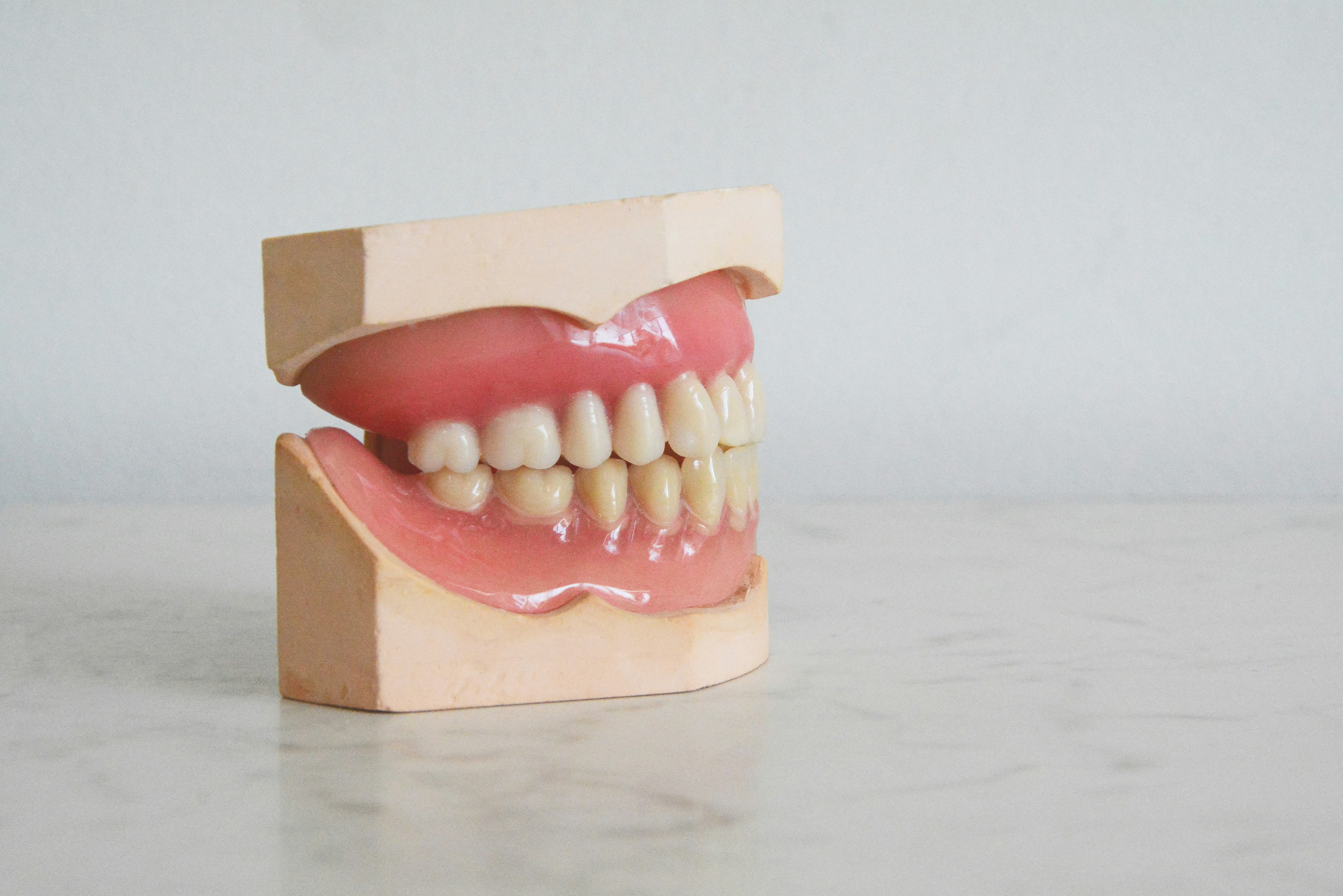
A healthy smile is not only a beautiful sight to behold, but it’s also an essential part of overall health and well-being. Your teeth are the first point of contact for everything you eat or drink, so keeping them in tip-top shape should be a top priority. Luckily, with a few simple tips and tricks, you can maintain your pearly whites for years to come! In this blog post, we’ll explore some practical ways to keep your teeth healthy and happy. So let’s dive in!
Why is it important to keep your teeth healthy?
A healthy set of teeth is a sign of overall wellness and plays an important role in our daily lives. Teeth help us chew, speak, and smile confidently. They also protect the jawbone from deterioration and keep facial muscles strong.
Maintaining good oral hygiene not only preserves your natural teeth but can also prevent gum disease, tooth decay, bad breath, and other dental problems that may require expensive treatments or surgeries down the line.
But keeping your teeth healthy goes beyond just brushing twice a day. A balanced diet rich in calcium and vitamin D helps strengthen bones including those in the mouth. Similarly, avoiding sugary snacks and drinks reduces the risk of cavities forming.
Taking care of your teeth doesn’t just benefit you cosmetically; it’s crucial for maintaining optimal health as well.
What are some tips to keep your teeth healthy?
Keeping your teeth healthy is an essential part of maintaining good oral hygiene. Here are some tips to help you keep your teeth in tip-top shape:
1. Brush twice a day: Brushing your teeth at least twice a day for two minutes each time can remove plaque buildup and prevent cavities.
2. Floss daily: Flossing helps remove food particles and plaque from between your teeth where toothbrushes can’t reach.
3. Use mouthwash: Mouthwash can freshen breath, kill bacteria, and prevent gum disease by reducing plaque buildup.
4. Limit sugary foods and drinks: Consuming too many sugary foods or drinks can increase the risk of tooth decay and cavities.
5. Drink plenty of water: Drinking water throughout the day helps wash away food particles that may be stuck on or between teeth.
6. Visit the dentist regularly: Regular dental checkups every six months can help detect any potential problems early before they become more serious issues.
By following these simple tips, you’ll be well on your way to keeping your pearly whites healthy!
How often should you see the dentist?
Regular dental check-ups are crucial to maintaining good oral health. But how often should you see the dentist? The answer depends on a few factors, such as your age, overall dental health and any ongoing problems.
For most people, it’s recommended to see the dentist at least twice a year for routine cleanings and check-ups. However, if you have gum disease or other dental issues that require more frequent treatment, your dentist may recommend more frequent visits.
Children also need regular checkups to monitor the growth of their teeth and ensure they’re developing properly. Pediatric dentists typically recommend seeing children every six months starting from when their first tooth erupts.
If you’re an older adult or have underlying medical conditions that affect your oral health, your dentist may recommend more frequent visits as well. It’s important to follow these recommendations to catch any potential issues early on before they become bigger problems.
In summary, how often you should visit the dentist varies depending on individual circumstances. Be sure to discuss with your dentist what schedule works best for you and prioritize regular checkups for healthy teeth and gums.
What are some signs that you need to see the dentist?
It’s important to visit the dentist regularly for routine check-ups and cleanings, but there are also occasions when you should see a dentist outside of your regular appointments. Here are some signs that it may be time to schedule an appointment:
1. Tooth pain or sensitivity: If you’re experiencing any kind of tooth pain or sensitivity, this could indicate a cavity or other dental issue that needs attention.
2. Bleeding gums: Healthy gums don’t bleed when you brush or floss them. If yours do, it could be a sign of gum disease and requires professional treatment.
3. Bad breath: Chronic bad breath can mean more than just poor oral hygiene – it can signal an underlying dental problem such as gum disease or tooth decay.
4. Loose teeth: Adult teeth should not feel loose in their sockets under normal circumstances. This is another indication of potential periodontal problems.
If you experience any of these symptoms, make sure to schedule an appointment with your dentist as soon as possible to prevent further complications and keep your smile healthy!
Conclusion
Maintaining good oral hygiene is essential for keeping your teeth healthy. Regular brushing, flossing, and visits to the dentist can prevent tooth decay, gum disease, and other dental problems. By following the tips outlined in this article such as limiting sugary foods and drinks, using fluoride toothpaste, wearing a mouthguard during sports activities , you can keep your teeth strong and healthy.
Remember that prevention is key when it comes to maintaining good oral health. Don’t wait until you have a problem with your teeth or gums before you visit the dentist. Schedule regular check-ups so that any issues can be detected early on.
By taking care of your teeth through daily habits like brushing twice a day and avoiding harmful habits like smoking or excessive sugar consumption, you will not only enjoy better oral health but overall physical health too! Incorporate these tips into your daily routine today for healthier teeth tomorrow!
